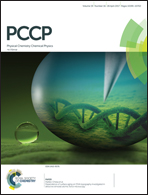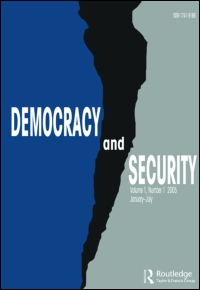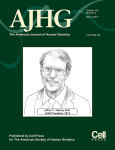 A former University of Colorado Boulder graduate student is suing his ex-advisor for defamation after being shooed out midway through his doctoral program.
A former University of Colorado Boulder graduate student is suing his ex-advisor for defamation after being shooed out midway through his doctoral program.
Robert Roscow says he had to leave CU Boulder’s department of Ecology and Evolutionary Biology (EBIO) in the fall of 2016 with only a master’s degree after fish evolution researcher David Stock dropped him as a student. Their relationship deteriorated following a dispute about whether another student should perform experiments Roscow considered to be essential to his dissertation.
Once dropped, Roscow was offered the chance to find another advisor, but never did. In his complaint, filed April 25 in Boulder County District Court, Roscow claims he has evidence that Stock “poisoned the well” by badmouthing him in email and in person to other professors, ultimately preventing Roscow from completing his degree.
As first reported by BusinessDen, Roscow is also suing CU Boulder for a breach of contract and for failing to “provide [him] with the reasonable opportunity to pursue his PhD,” among other allegations.
CU Boulder declined to elaborate on the case. Chief Spokesperson Ryan Huff told us:
Continue reading Ex-PhD candidate sues advisor, school: Colorado prof “poisoned the well” after research dispute
 The authors of a popular — and heavily debated — F1000Research paper proposing a method to prevent scientific misconduct have decided to retract it.
The authors of a popular — and heavily debated — F1000Research paper proposing a method to prevent scientific misconduct have decided to retract it.
 Reuters has removed a story about gender confirmation surgery, saying it included problematic data.
Reuters has removed a story about gender confirmation surgery, saying it included problematic data.
 A former University of Colorado Boulder graduate student is suing his ex-advisor for defamation after being shooed out midway through his doctoral program.
A former University of Colorado Boulder graduate student is suing his ex-advisor for defamation after being shooed out midway through his doctoral program.  In six weeks, new policies for handling misconduct in Denmark will go into effect, which alter the definition of misconduct and establish clear policies for who handles such allegations.
In six weeks, new policies for handling misconduct in Denmark will go into effect, which alter the definition of misconduct and establish clear policies for who handles such allegations. Chinese biomedical researchers estimate that 40% of research in their country has been affected in some way by misconduct,
Chinese biomedical researchers estimate that 40% of research in their country has been affected in some way by misconduct,  Could a scientific paper ever be considered an advertisement?
Could a scientific paper ever be considered an advertisement?
 In August, the U.S. Office of Research Integrity announced that a former postdoctoral fellow at the National Human Genome Research Institute (NHGRI)
In August, the U.S. Office of Research Integrity announced that a former postdoctoral fellow at the National Human Genome Research Institute (NHGRI)